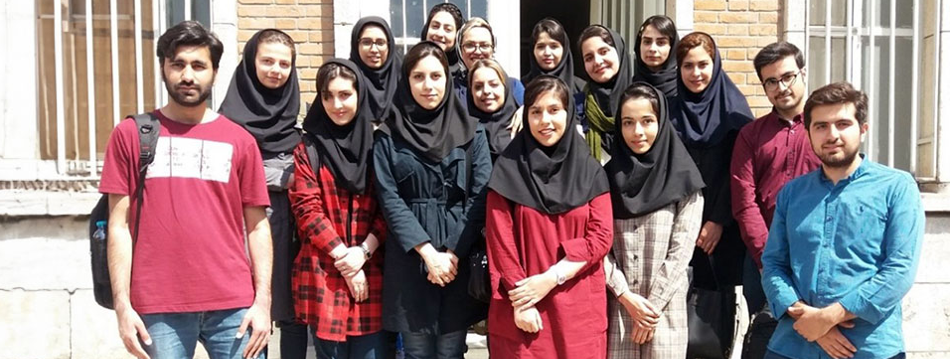|
Somalia
In 2022, Somalia continued to improve HIV knowledge among people who are at risk of HIV as well as health outcomes and the welfare of people living with or affected by HIV. For example, 1340 young people and women, including students, pregnant and lactating mothers, people living with HIV and their spouses improved their knowledge of HIV prevention, testing, and treatment, HIV-related stigma, and positive living through various awareness initiatives (UNFPA).
With the Joint Team support, HIV testing and counselling services reached 366 000 people in 2022, including pregnant women and TB patients. By the end of the year, 4214 people living with HIV were on antiretroviral therapy (UNICEF, WHO).
In addition, the Ministry of Labour and Social Affairs agreed for people living with HIV to be categorized as a “vulnerable group” and for them to be registered for social protection programmes such as the 'Baxnaano' project, which is supported by Joint Team (World Bank). The changes in the Ministry’s policies were a direct result of an “HIV and Social Protection Assessment” (2022) developed in collaboration between the Ministry and the Joint Team (UNDP).
As part of the “Nutrition Assessment, Counselling and Support” (NACS) programme, 13 583 malnourished people living with HIV and people enrolled on tuberculosis directly observed treatment (DOT) received six kilograms of Super Cereal Plus (CSB+) per month for 180 to 240 days in 2022—a 50% increase in number beneficiaries from 2021 (WFP).
Three states completed a food security, nutrition and socioeconomic vulnerability assessment (FSNVA) among 1433 people living with HIV on treatment and their households through a partnership with the Joint Team, Federal and State Ministries of Health and other relevant authorities. The preliminary results were presented to the respective ministerial authorities at the end of 2022. Consolidated reports will be finalized and validated in 2023. The evidence from the assessment will help to understand the progress made since the 2012 FSNVA and to implement evidence-based programmes to ensure better health outcomes among people living with HIV in the country (WFP).




